The Master’s Program in Architecture of the Built Environment, Department of Architecture, Faculty of Engineering, Universitas Brawijaya (FT UB), held a guest lecture titled “Diving, Stepping, and Climbing Through Qualitative Methodologies in Architectural Research” on Wednesday, 12 November 2025. The event featured senior academician from Universitas Gadjah Mada, Prof. Ir. Sudaryono, M.Eng., Ph.D., IPU, as the main speaker. The session took place in the Architecture Department Meeting Room at FT UB, Jalan MT Haryono 167, Malang, and was attended by students and lecturers from various research interest groups.
From the beginning of the session, Prof. Sudaryono encouraged participants to view architectural research through a more reflective lens. He emphasized the importance of “conscious awareness” as a foundation for researchers when formulating new theories as well as when testing established ones. He also highlighted the need to understand the three pillars of the philosophy of science: ontology, epistemology, and axiology, to ensure that architectural research is grounded in a solid and accountable scientific framework.
In his explanation, Prof. Sudaryono discussed the shifts in scientific paradigms occurring across disciplines, including architecture. The previously dominant rationalistic–Cartesian paradigm, he noted, is gradually being replaced by more holistic and ecological approaches. According to him, this shift in perspective is essential for addressing increasingly complex architectural research challenges, which are closely connected to social dynamics and environmental issues.
The discussion session grew even more engaging when Prof. Sudaryono elaborated on three major qualitative approaches commonly used in architectural research: semiotics, hermeneutics, and phenomenology. He explained that semiotics functions to read and interpret the symbolic meanings embedded within space, while hermeneutics supports the interpretation of those meanings within their historical and contextual dimensions. Meanwhile, phenomenology explores the relationship between human sensory experience and transcendental consciousness, allowing researchers to uncover deeper layers of architectural experience.
Prof. Sudaryono further elaborated on key phenomenological concepts such as the life-world, intentionality, and eidetic reduction. He demonstrated how these concepts can be applied to comprehensively understand spatial experience. His explanation broadened students’ perspectives on how qualitative methods can produce architectural research that is more human-centered and closely aligned with users’ lived realities.
This event also strongly aligns with the goals of the Sustainable Development Goals (SDGs), particularly SDG 4 on Quality Education and SDG 11 on Sustainable Cities and Communities. By strengthening research methodologies, students are expected to produce academic work that is not only objective and systematic but also sensitive to sustainability issues. Such ecological and systemic methodological approaches are considered crucial in supporting the design of built environments that are inclusive and adaptive to future challenges.
With the successful implementation of this guest lecture, the Architecture Department of FT UB hopes that students can deepen their understanding of qualitative methodologies, which are often considered abstract and difficult to access. A more mature grasp of methodology is expected to encourage the development of architectural research that is relevant, critical, and beneficial to society. The event also reaffirms the importance of ongoing academic dialogue between universities in enriching the body of knowledge in architectural research in Indonesia.
Reported by Rindi Dwi Cahyati



